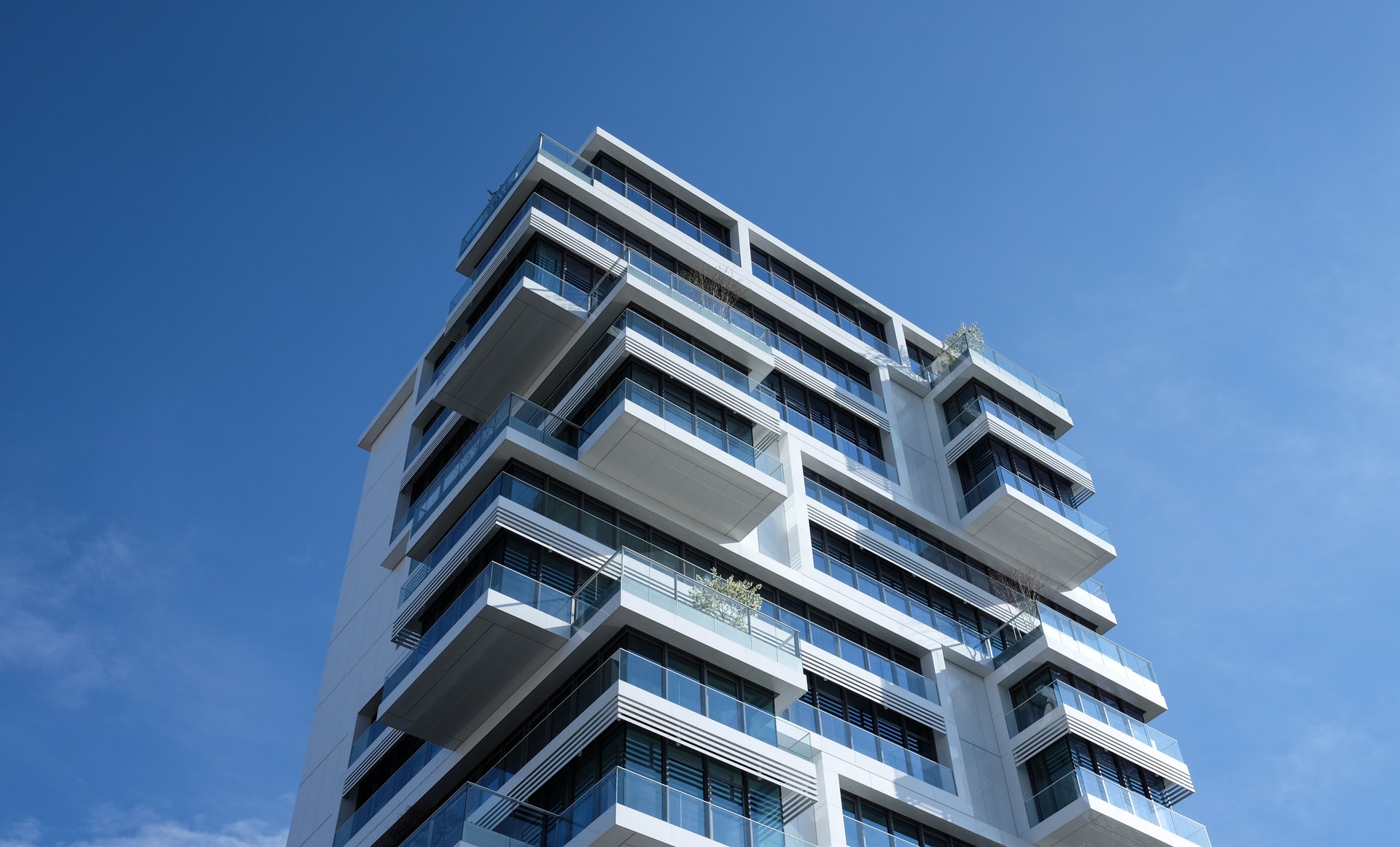Landlord Blog
Education and news for smart DIY landlords!
6 Best Tips for Buying Your First Condo

Owning a condo is one of the greatest decisions a first-time homebuyer (FTHB) can make as a way to get into homeownership. According to a 2019 statistic, condo sales were very popular among FTHBs and millennials with a 47% mortgage application.
The reason for this is that condominiums don’t require a lot of costs, energy, and effort for upkeep compared to single-family properties and the like. And the condo association can also take care of the entire building’s maintenance.
If you’re planning to buy a condo unit as your first home, you must have a to-do list just like those who plan to buy a townhouse or single-family house. Let this article be your guide.
1. Work with a realtor that specializes in condominiums
Since this could be your first time buying a condo, it’s best to hire a professional with experience and knowledge about this type of property. By hiring one, they can find a complex that best suits your needs. And you don’t have to worry much about paying the commission, it’s standard practice that the seller does so.
2. Know what amenities you want

Speaking about your needs, each condo complex has similar and unique amenities. Some have a pool, others have a gym, and there are those with outdoor gardens. Don’t be shy about your wishlist because you’re basically bought access to these areas when you’ve purchased your unit. If you don’t intend to use the amenities, that’s fine as well because they can add resale value to your unit, especially if your future buyer needs them.
3. Get your financing in order
One thing about buying a condo is that it’s harder to get a mortgage for it than buying a house. Plenty of lenders don’t allow mortgages to purchase these kinds of properties. So you really need to have a good credit score and look around for lenders that are open-minded for condo loans. You can choose to go for a Federal Housing Administration (FHA) loan, just make sure the condo complex of your choice is on their approved community list.
4. Know the association fees

Just like amenities, association fees also vary from one complex to another. They can either be expensive, affordable, and have different payment dues. Usually, the association fees will be charged to your monthly mortgage and the money will be used for the repair, maintenance, and security costs of the complex. You will be advised by your realtor to not buy a unit in a complex with high association fees because it will put you in a financial struggle in the long run.
5. Consider the location
Most if not all condominiums are located close to establishments and services of daily needs such as banks, malls, grocery stores, schools, hospitals, and restaurants. Some may even have these conveniences as part of the entire complex. This is one of the perks of living in a condo versus a suburban setting. The real issue here is how close it is to your workplace. Remember, condo living can be expensive. You don’t want to spend extra on gas or your daily commute.
6. Review restrictions

The saddest part about condo living is that you cannot do most of the things you can normally do in a single-family home. These restrictions may include pet ownership and personalized renovations. Before you settle in a condo with the right environment for your needs make sure you know the dos and don’ts of the complex.
In summary, buying a condo really depends on your budget first and your lifestyle preference second. Are you willing to pay more in the long run for low-maintenance living with less freedom or would you like to pay less with multiple responsibilities but can do a lot of things?
Read more articles here!
